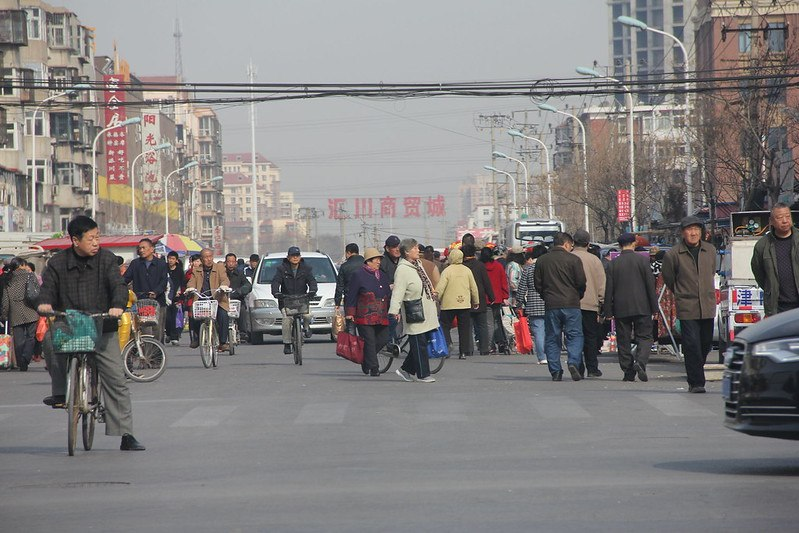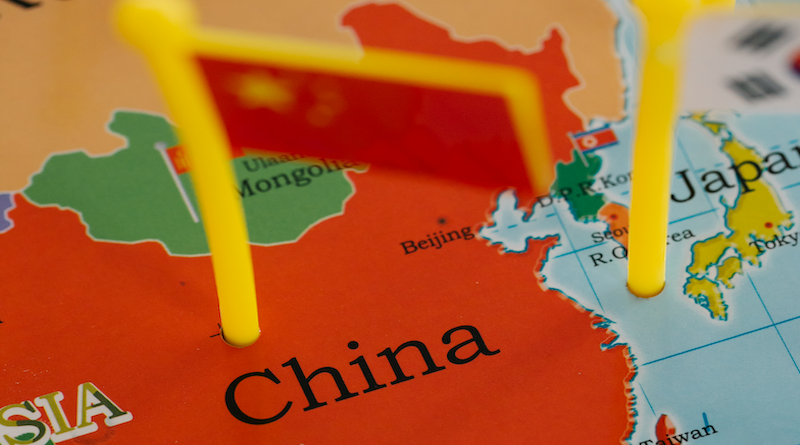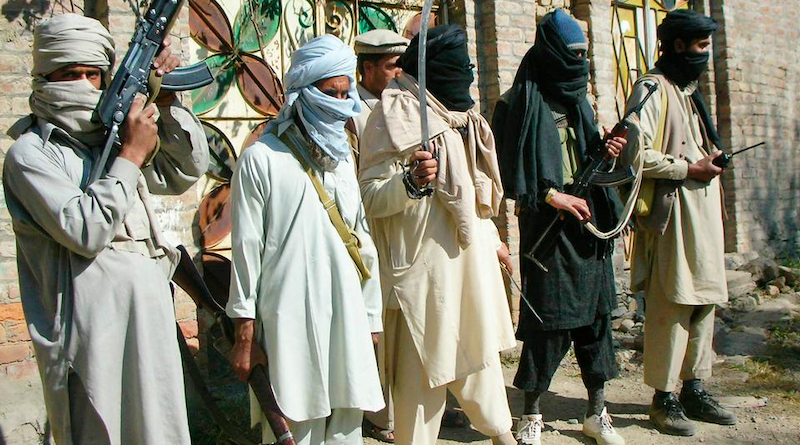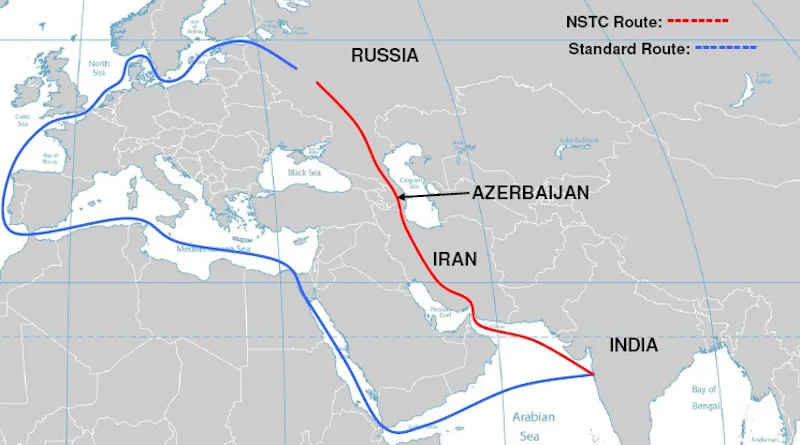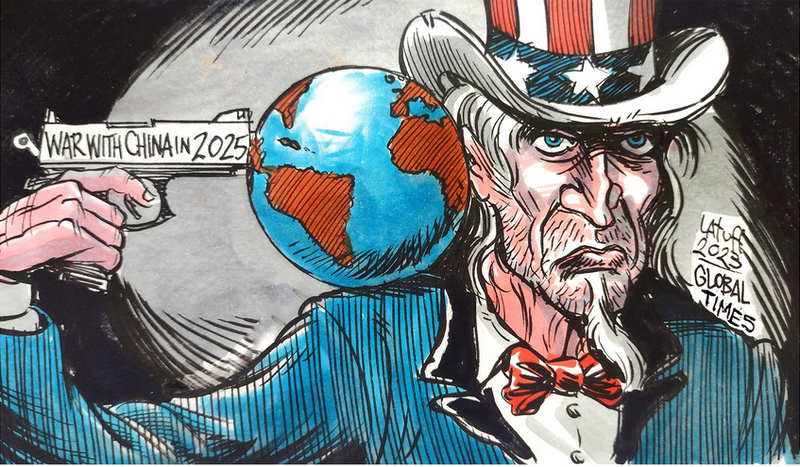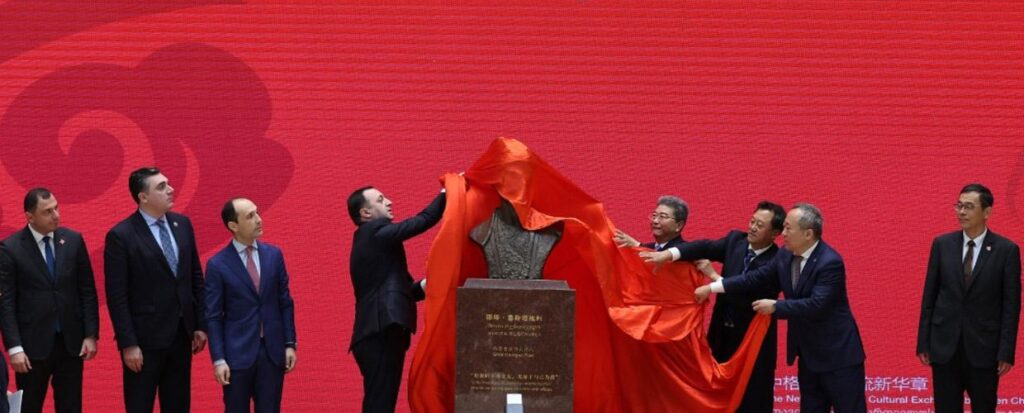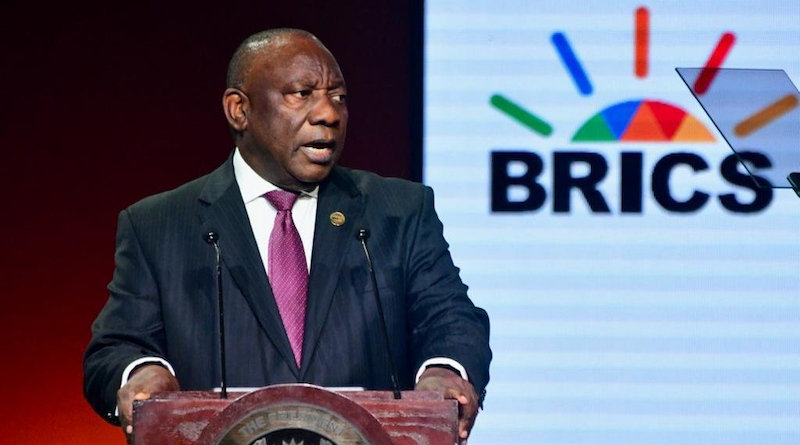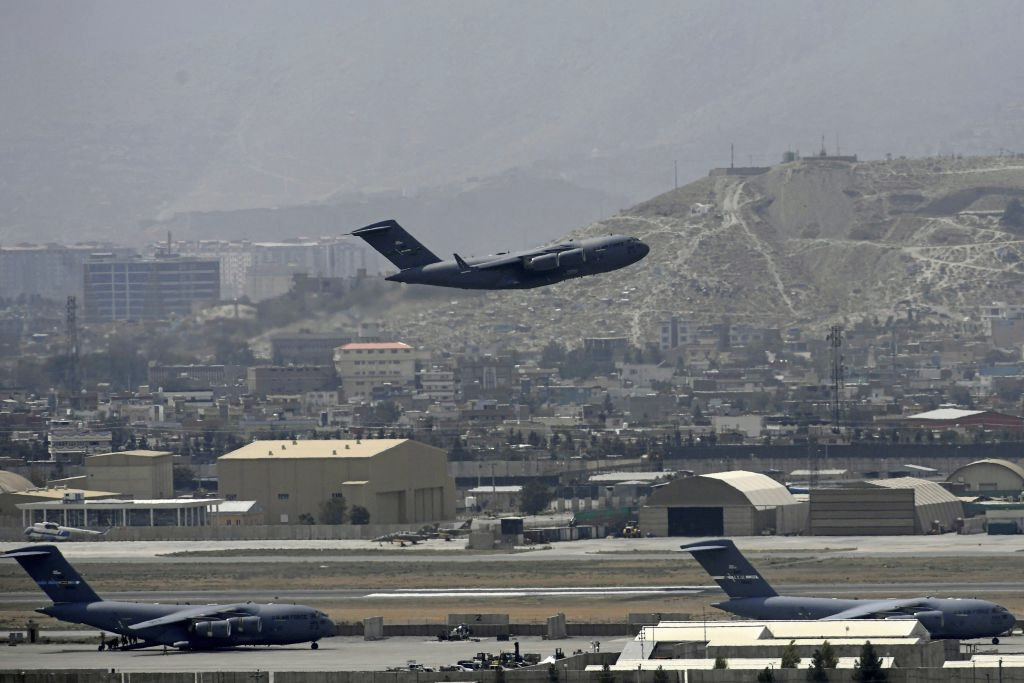When Will Washington Make Central Asia A Priority? – Analysis
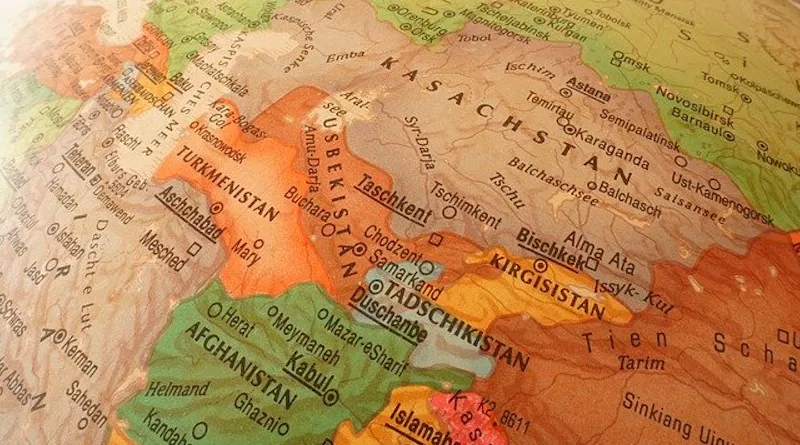
The American filmmaker Woody Allen said, ““Eighty percent of success is showing up.” If he is correct, America is not succeeding in Central Asia.
But the rulers of Russia, Vladimir Putin, and China, Xi Jinping, leave nothing to chance: Xj has visited every one of the republics and has been to Kazakhstan four times and Uzbekistan three times; Putin has visited Kazakhstan twenty-seven times (the countries share a 7,644-kilometre border), and has been to Kyrgyzstan and Tajikistan at least a dozen times each.

